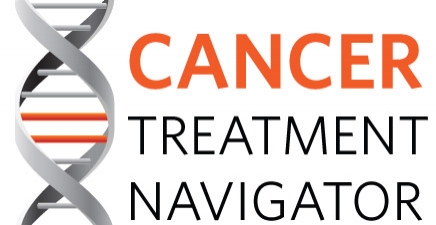More than 800 medicines and vaccines are being evaluated for cancer in clinical trial studies, or awaiting review by the U.S. Food and Drug Administration (FDA). Poor patient participation and under-enrollment in clinical trials remains a serious issue, but patients lacking an understanding of clinical trial design is equally important and needs education. Two concepts of clinical trial design, “clinical equipoise” and “randomization” are explored in this Medscape article, that presents the results of a survey administered to 1090 cancer patients (at 14 cancer centers in Ireland). The essence of these terms is captured below:
Clinical Equipoise: Uncertainty over the best treatment option when two are being compared in a clinical trial. The treating physician cannot ensure that a participant gets the “better” of the two treatments. For example, if an investigational drug is compared to an option acknowledged as the standard of care, it might turn out to be better or worse in terms of efficacy, safety or both.
Randomization: Treatment allocation is by chance. In the simplest trial design, one group receives the new treatment and is the investigational group. The other group receives standard therapy, and is the control group. At several points during and at the end of the clinical trial, researchers compare the groups to see which treatment is more effective or has fewer side effects. A computer is usually used to assign patients to groups.
At Cancer Treatment Navigator (CTN), we explain the nuances of cancer clinical trial methodology so patients can make an informed decision on participation. Understanding the above terms before signing consent is important and could impact a patient’s willingness to withdraw or remain in a clinical trial.
Understanding Randomization and Clinical Equipoise in Cancer Clinical Trials


